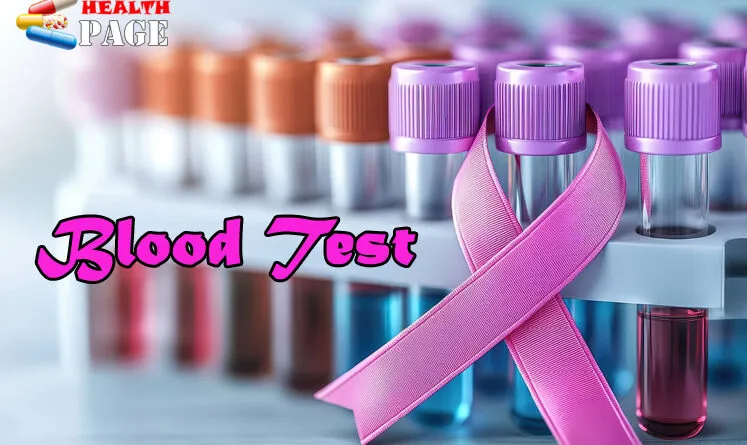A simple blood test can detect the onset of a relapse in breast cancer patients
New data has demonstrated a promising medical technique that detects biological markers in blood test that indicate the risk of relapse in some types of breast cancer, and then suggests preventive treatment, a new indication of the benefits of liquid biopsy.
Circulating tumor DNA
This technique, also called circulating tumor DNA (CTD), monitors cancer progression through a simple blood test rather than a traditional biopsy, which requires more extensive sampling. The blood test specifically detects the presence of DNA produced by tumors in the blood, a vital source of genetic information.
This technology represents a major scientific advance in recent years. Recent data confirms a major potential application: preventing relapses in some women with hormone-dependent breast cancers, the most common type of breast cancer, early and without surgical intervention.
At a press conference, Professor François Clément-Bédard of the Curie Institute said that “a new drug”, Camisestran (from AstraZeneca), but “above all, a new concept,” are the focus of a plenary session at the 61st American Society of Clinical Oncology (ASCO) Congress in Chicago and the subject of an article published in the New England Journal of Medicine.
Currently, women with metastatic hormone-dependent breast cancer are generally treat with a combination of drugs: hormone therapy that reduces estrogen production (antaromatase inhibitor) and therapy that prevents cell proliferation (CDK4/6 inhibitor).
But for about 40% of these patients, an important gene for estrogen receptors (ESR1) is mutate, leading to resistance to hormone therapy and eventual relapse.
The new technology promises to detect these mutations in the blood months before they cause new cancer development, allowing hormonal therapy to be combine with a drug that inhibits the cell cycle, ultimately reducing the risk of cancer recurrence.
A French academic trial (PADA-1), led by Professor Bidart, had previously reached this conclusion in the fall of 2022, which also formed the focus of Phase III clinical trials (SERENA-6) of a new drug developed by AstraZeneca.
revolutionary
Of the approximately 3,000 patients monitored with blood tests every two to three months, 315 experienced a mutation in their blood without cancer developing again. They were divide into two groups: a standard group that continued treatment, and an experimental group that received camisestran and a cell cycle inhibitor.
Patients who received this new oral treatment saw their risk of cancer progression reduced by 56%, delaying the first progression of the disease by an average of six months. After 12 months, the progression-free survival rate was 60.7% for patients receiving camisestran, compared to 33.4% for the other patients. After 24 months, the progression-free survival rate was 29.7%, compared to 5.4%, according to a statement from the Curie Institute, which hailed the “revolutionary approach.”
“This is a first for breast cancer, and it can be expand to include more than just this type of cancer,” Bidar, a liquid biopsy specialist, told reporters.
For nearly 15 years, research focused on circulating tumor DNA, which can be obtained from a simple blood sample thanks to advances in molecular biology, has supported thousands of scientific studies and raised hopes for its future applications.
Scientists are seeking to pave the way for more personalized, preventative, but also less surgically invasive medicine for cancer patients.
pharmaceutical industry
In this case, Bidar says, “This is the first time the pharmaceutical industry has recognized the potential of liquid biopsy to obtain regulatory approval for molecules, which suggests that other manufacturers will rush to adopt this new method to initiate treatments.”
As the number of hormone-dependent breast cancer cases continues to rise worldwide, competition is also increasing among pharmaceutical companies to develop and utilize a new generation of hormone therapies.
AstraZeneca, which is increasingly focusing on anti-cancer drugs, has made camisetrant its first-line treatment, a strategy to try to differentiate itself from competitors such as Roche, Pfizer, and Eli Lilly, which are conducting numerous trials of this class of drugs


